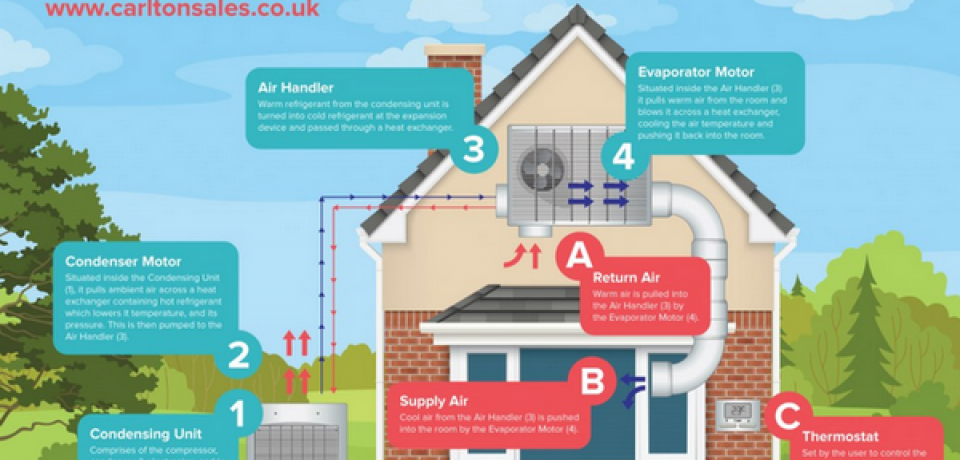Find Out Just How To Make Certain The Performance And Durability Of Your Heat Pump System By Steering Clear Of Typical Setup Mistakes
Find Out Just How To Make Certain The Performance And Durability Of Your Heat Pump System By Steering Clear Of Typical Setup Mistakes
Blog Article
Authored By-Stuart Carson
When setting up a heatpump, you must steer clear of typical errors that could jeopardize its efficiency. Forgeting proper sizing might bring about inadequacies and higher energy prices. Ignoring insulation and sealing could cause energy wastage and pressure on the system. Additionally, positioning the outside unit incorrectly may influence its efficiency. By preventing these mistakes, you can make sure optimum functioning and toughness of your heat pump system.
Improper Sizing of Heatpump
When it comes to the setup of heatpump, one of the most usual blunders is incorrectly sizing the system for your space. Guaranteeing the best size is crucial for optimum efficiency. If the heat pump is as well small, it will struggle to warmth or cool your area successfully, causing increased energy expenses and possible wear and tear on the unit.
On the other hand, if the heatpump is too huge, it will certainly cycle on and off frequently, creating temperature fluctuations and lowering its life-span.
To avoid this mistake, it's essential to have a specialist evaluate your room and suggest the proper size of the heatpump based upon elements like square video footage, insulation, ceiling elevation, and regional climate. By spending the moment and effort to make sure the right sizing, you can enjoy a comfy atmosphere while making the most of energy efficiency and extending the lifespan of your heat pump.
Inadequate Insulation and Sealing
To make sure the efficient procedure of your heatpump, it's vital to address insufficient insulation and securing in your area. Appropriate insulation assists preserve a regular temperature level inside your home, minimizing the workload on your heat pump. click this can bring about energy loss, making your heatpump job harder and less successfully.
Securing any kind of spaces or leakages in your room is similarly crucial. These gaps enable conditioned air to escape and outside air to leak in, compeling your heatpump to make up for the temperature variations.
Wrong Placement of Outdoor System
Resolving the placement of your heatpump's exterior system is essential to maximizing its performance. Mounting the outside unit in an incorrect area can bring about efficiency concerns and potential damages to the unit.
One typical mistake to avoid is placing the outside system too near a wall or various other frameworks. https://www.consumerreports.org/home-safety/your-home-has-hidden-dangers-these-fixes-will-keep-you-safe/ can limit air movement, triggering the system to function more challenging to heat or cool your room, ultimately reducing its efficiency and life-span.
An additional mistake to avoid is putting the outdoor unit in straight sunshine. While some sunshine is unavoidable, excessive direct exposure can result in overheating, particularly during warm summer days. It's best to place the outside unit in a shaded area to assist maintain its optimum operating temperature.
Additionally, see to it that the outdoor device is placed on a stable and level surface area. Uneven ground can trigger resonances and unnecessary pressure on the unit, affecting its efficiency in time.
Conclusion
To conclude, staying clear of common blunders during heat pump setup is important for making best use of effectiveness and longevity of your system. By making certain appropriate sizing, appropriate insulation, sealing, and right placement of the outside system, you can protect against problems such as inadequacies, increased energy expenses, and strain on the system. Taking the time to attend to these essential variables will inevitably save you money and time in the future.
